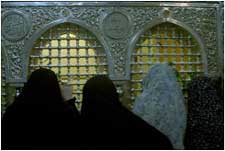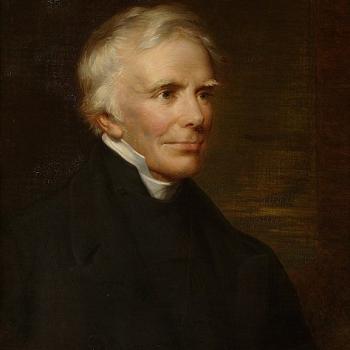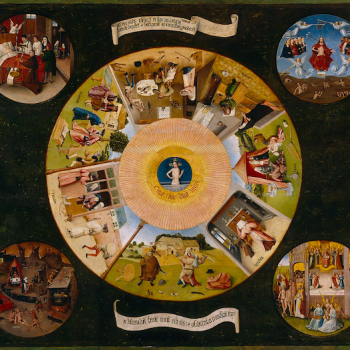This is not to say that Firestone rejects the notion of the Jews' chosenness.
"I am not able or willing to throw it out," he said. "I remain perched on the sharp horns of a dilemma. I can't disregard the texts - they are part of the divine word; they can't simply be jettisoned," he said. But on the other hand, "they can't be taken as a simple truth."
Definitive answers on Jewish chosenness are not exactly forthcoming.
"A good Jew doesn't want to find definitive answers," said conference attendee Gerald Bubis, the founding director of the School of Jewish Communal Service at the Los Angeles School of HUC-JIR. "A good Jew wants to find new questions."
UCLA Director Rabbi Chaim Seidler Feller, who chaired the session on chosenness, offered a different, psychological perspective: "It sounds like the ploy of minority - we may be insignificant numerically, but we are God's chosen; if you are going to be beaten up, it might be comforting to know that you are chosen."
But in today's world, Seidler Feller suggested, the concept of being the chosen people may have to be discarded. He himself revises the prayers, "Ki Banu Bacharta Mikol Ha'amim" (For you have chosen us among all the nations), to say: For you have chosen us with all the nations.
In a subsequent Q-and-A session, the Rev. Vartkes Kassouni of the Morningside Presbyterian Church of Fullerton suggested: "Chosenness can be understood in terms of mission instead of identity."
Firestone agreed. Perhaps this is all God's plan: if he'd wanted everyone to be the same religion, he would have made everyone the same religion; maybe there are different religions so "they would compete with one another in good works," he said.
The conference was heavily attended by Christians and Jews from various denominations, but there was a dearth of Muslim attendees and lecturers.
 Like other presenters, Dr. Muzammil Siddiqi, vice president of the Academy of Judaic-Christian and Islamic studies in California and chair of the Shura Council of Southern California, chose to examine a text that dissuaded believers from dealing with people from other faiths: "You who believe, do not take the Jews and Christians as allies: they are allies only to each other. Anyone who takes them as an ally becomes one of them - God does not guide such wrongdoers."
Like other presenters, Dr. Muzammil Siddiqi, vice president of the Academy of Judaic-Christian and Islamic studies in California and chair of the Shura Council of Southern California, chose to examine a text that dissuaded believers from dealing with people from other faiths: "You who believe, do not take the Jews and Christians as allies: they are allies only to each other. Anyone who takes them as an ally becomes one of them - God does not guide such wrongdoers."
(A Jewish version from the Talmud says, "He who conceded to gentiles falls into their hands; and he who trusts them - what belongs to him will become theirs.")
Siddiqi did not explicitly deal with the more troubling texts in the Quran, used by many terrorists today to justify murder and violence.
He said afterward in an interview that people who quote the Quran to justify murder are "misquoting and abusing" the text, taking it out of context. "There is no text in the Quran that says to kill anyone because he or she has a different belief," Siddiqi said. "There is no coercion in matters of religion: you cannot force people to accept your faith."
The point of the conference, Diamond said, was not to find the fault in other faiths. "We should focus on the troubling passages in our own traditions, not point out disturbing parts of other traditions."
The hope for the conference was that by examining the problematic passages and their misuse over the centuries - from the Crusades to the Holocaust to the assassination of Prime Minister Yitzhak Rabin and Sept. 11 - it will effect a change in the way clergy, and then their followers, interpret and act on those texts.
"Interfaith relations have to be more than just touchy-feely," said Rabbi Stewart Vogel, president of the Board of Rabbis. By struggling with difficult issues, people gain a respect for other faiths and that translates into better interfaith relations.
Also, "if you push them to reflect on an issue with a new sensitivity, they will go back to their seminaries," Vogel said, and teach it differently.
Reprinted with permission from a Patheos Partner site, The Jewish Journal.
Amy Klein is a reporter for The Jewish Journal in Los Angeles.




